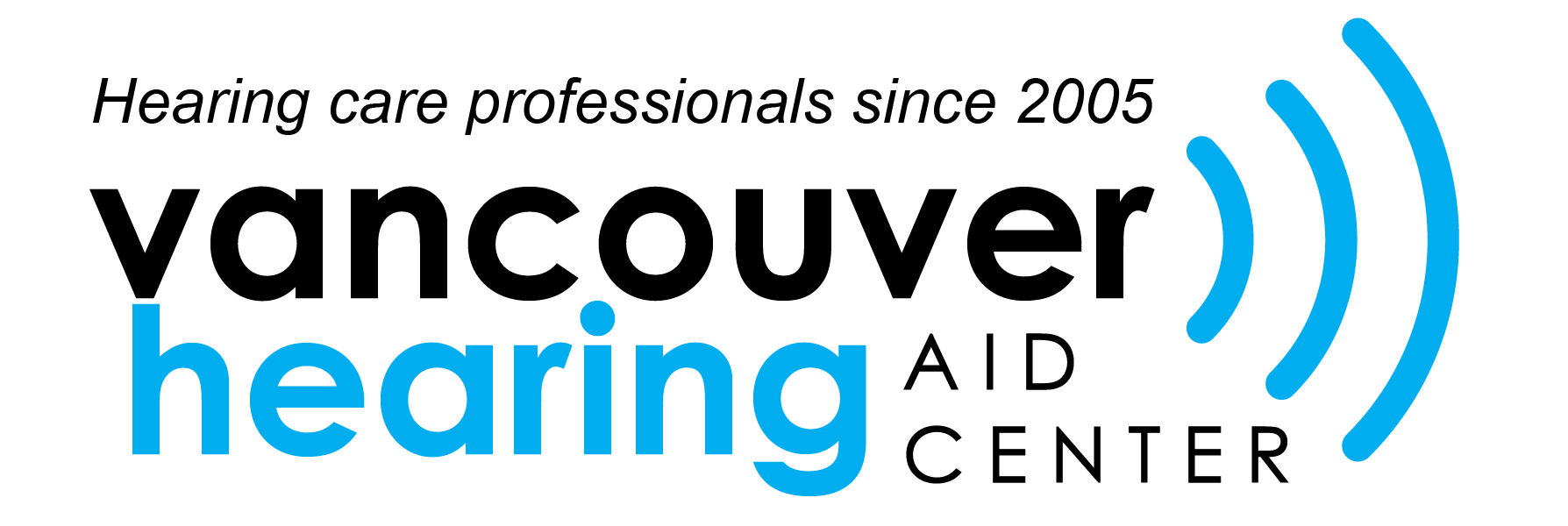
Living with hearing loss can significantly impact more than just your ability to perceive sound—it can influence your relationships, emotional well-being, and overall quality of life. Struggling to hear conversations often leads to frustration, withdrawal, and a sense of isolation. Over time, this can result in a decline in mental health and a reduced sense of belonging. Fortunately, modern hearing aids have revolutionized how people with hearing impairments connect with the world. Beyond restoring hearing, they foster stronger social ties and improve emotional well-being. By exploring the hearing aid mental health benefits and understanding their role in enhancing social life, we uncover why these devices are more than medical tools—they’re life changers.
The Link Between Hearing Loss and Mental Health
Hearing loss affects far more than just auditory perception—it touches nearly every aspect of emotional and cognitive well-being. When individuals struggle to hear, they often withdraw from social interactions to avoid embarrassment or misunderstandings. Over time, this self-isolation can lead to loneliness, anxiety, and depression. Research consistently shows that untreated hearing loss is linked to higher rates of cognitive decline and mental health issues. This connection arises from the brain’s increased effort to process sound when hearing is impaired, leaving fewer cognitive resources for other tasks like memory and decision-making.
For many, these challenges create a cycle: hearing difficulties make communication harder, which leads to fewer social interactions, which then contributes to declining mental health. The frustration of missing key parts of conversations, particularly in group settings, often leaves individuals feeling disconnected from friends, family, and colleagues. When people cannot participate fully, they may feel as though they’re on the periphery of their own lives. Fortunately, modern hearing aids break this cycle by improving sound clarity, reducing listening fatigue, and giving users the confidence to engage more openly in social environments.
How Hearing Aids Strengthen Social Connections
Social interaction is a cornerstone of emotional health, yet hearing loss often makes building and maintaining relationships challenging. Individuals who struggle to hear may misinterpret words, respond inappropriately, or ask others to repeat themselves frequently. This can lead to feelings of frustration—for both the individual and their social circles. Over time, many people with untreated hearing loss begin avoiding group activities, family gatherings, and professional events altogether. This withdrawal can have a profound effect on personal relationships and career advancement.
Hearing aids, however, change the narrative entirely. With advanced technology like directional microphones, noise reduction, and Bluetooth connectivity, modern devices allow wearers to follow conversations with remarkable clarity—even in noisy environments like restaurants or parties. Improved communication fosters deeper connections with loved ones, encourages participation in social events, and reduces misunderstandings. Friends and family also benefit, as interactions become smoother and less stressful. These improvements make it easier to nurture relationships and strengthen bonds that might have otherwise weakened due to communication barriers. The correlation between hearing aids and social life is clear: better hearing leads to better connections, greater confidence, and a more active role in personal and community relationships.
Cognitive and Emotional Benefits of Improved Hearing
Hearing aids don’t just enhance sound—they also provide significant cognitive and emotional benefits. Untreated hearing loss forces the brain to work harder to decode incomplete auditory signals, leaving fewer mental resources available for memory retention and problem-solving. Over time, this cognitive strain may accelerate mental fatigue and contribute to conditions like dementia. By amplifying sounds and improving clarity, hearing aids ease the brain’s workload, freeing up cognitive energy for other essential functions.
Emotionally, hearing aid users often report an improved sense of confidence and self-esteem. Being able to communicate effectively allows individuals to express themselves, maintain their independence, and feel more connected to others. This increased confidence often translates into greater participation in hobbies, group activities, and social events—key components in maintaining a fulfilling and balanced life. Furthermore, several studies show a reduction in anxiety and depressive symptoms among those who consistently use hearing aids. By improving both cognitive efficiency and emotional resilience, hearing aids offer a dual benefit that enhances quality of life in meaningful ways.
The Role of Technology in Enhancing Hearing Aid Effectiveness
Hearing aid technology has advanced dramatically in recent years, making them far more effective, discreet, and adaptable to individual needs. Today’s devices come equipped with smart features designed to seamlessly integrate into daily life. Bluetooth-enabled hearing aids, for example, allow users to connect directly to smartphones, TVs, and laptops, streaming calls and media with crystal-clear sound quality. Some models even use artificial intelligence to automatically adjust settings based on the surrounding environment, ensuring optimal performance without manual intervention.
Noise reduction algorithms and directional microphones have also transformed group conversations, minimizing background noise and focusing on the speaker’s voice. For those who work in professional environments or attend frequent meetings, these features are invaluable. By reducing listening effort, users can stay more engaged and focused throughout the day, avoiding the exhaustion often caused by straining to hear. These technological innovations not only improve auditory experiences but also enhance the hearing aid mental health benefits, helping individuals regain control of their social and emotional well-being.
Why Early Intervention Matters
One of the most significant factors influencing the effectiveness of hearing aids is early intervention. Many people delay seeking treatment for hearing loss—on average, waiting seven to ten years before getting fitted for hearing aids. Unfortunately, postponing treatment can have long-term consequences, including worsening communication challenges, reduced brain stimulation, and increased risks of cognitive decline. The longer the brain goes without receiving clear auditory input, the harder it becomes to adapt to amplified sounds later on.
Getting evaluated and fitted for hearing aids early ensures better outcomes. Early adoption allows individuals to maintain strong communication habits, preserve cognitive health, and stay connected to their social environments. It also fosters resilience against the mental and emotional consequences of isolation. By addressing hearing loss promptly, individuals can maximize both the hearing aids and social life benefits, reclaiming their ability to participate fully in work, family, and community activities.
Conclusion
Hearing aids are far more than devices that amplify sound—they’re powerful tools that restore communication, rebuild relationships, and protect mental well-being. By improving speech clarity, reducing listening fatigue, and boosting confidence, hearing aids empower individuals to reconnect with the people and activities that matter most. The hearing aid mental health benefits are profound, helping users combat isolation, enhance emotional resilience, and support cognitive health. At the same time, the connection between hearing aids and social life cannot be overstated; effective hearing restores one’s role in conversations, deepens relationships, and fosters a sense of belonging.
Choosing to address hearing loss early can transform a person’s emotional and social well-being, leading to a fuller, more vibrant life. Modern hearing aid technology offers unprecedented opportunities for integration, personalization, and improved quality of life. For anyone struggling with hearing challenges, seeking timely treatment is an investment not only in better hearing but also in stronger connections, greater confidence, and lasting mental health.
Need a Hearing Aid Center in Vancouver, WA?
Established in 2005, Vancouver Hearing Aid Center is a full-service hearing aid store located in Vancouver, Washington. At our location, we provide in-store repairs, sales, evaluations, fittings, consultations, and exams. We also providers of LNI, TRU, and Managed Care. Finding the right hearing professional to care for your hearing health is an important step in getting the assistance you need, and we’re excited to be a part of your journey! 40 + yrs in service. Drop by or give us a call today!

